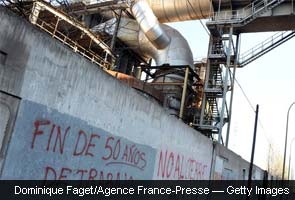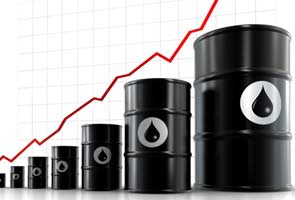The Gujarat High Court has ordered the state government to ensure that all public and private vehicles registered in the state switch to Compressed Natural Gas (CNG) within a year.
"State is directed to pass necessary orders within shortest possible period, at any rate not exceeding one year from today, compelling the owners of all vehicles having registration in Gujarat to use natural gas, and if necessary, even at higher prices, for the protection of the lives of the citizens living in the state," the court said in its order Wednesday.
The court was hearing a petition filed by an environmental NGO Dhanghdhra Prakruti Mandal, which said that pollution levels in Ahmedabad were as high as those in Delhi and Mumbai, but the Centre did not provide environment-friendly natural gas to the city under the Administered Price Mechanism (APM). CNG costs Rs 53 per kg in Ahmedabad, while it is priced at Rs 38.35 a kg in Delhi.
The NGO had pleaded that the price difference was due to the "discrimination of the Centre" towards Ahmedabad, where the courts have made it mandatory for auto-rickshaws to use CNG.
The court also directed the Centre to allocate natural gas, including CNG, to Ahmedabad city at the same price as it supplies to Delhi and Mumbai under the APM.
It also directed the Centre to immediately implement the order and declined to grant a stay on the ruling for the Central Government to approach the Supreme Court.
The order will create difficulties for the central government because of the limited gas production in the country. The auto sector comes under city gas distribution category, which is fourth in the priority list, after fertiliser, LPG and power.
Importing gas might be the other option, but to create the infrastructure for it in less than one year might not be feasible. India has two LNG terminals-Petronet and Shell- for gas imports, both in Gujarat. However, both Petronet and Shell have legally binding supply agreements with consumers outside Gujarat too. The two terminals deliver 40 million units per day against the overall requirement of 190 million units.
Gujarat accounts for 11 per cent of petrol and diesel sales in the country, so this order will have a major impact of state-run oil retailers in terms of revenues. Shares of Indian Oil, BPCL, and HPCL may fall today. Auto manufacturers may also find it difficult to set up facilities for gas engines within one year time.



